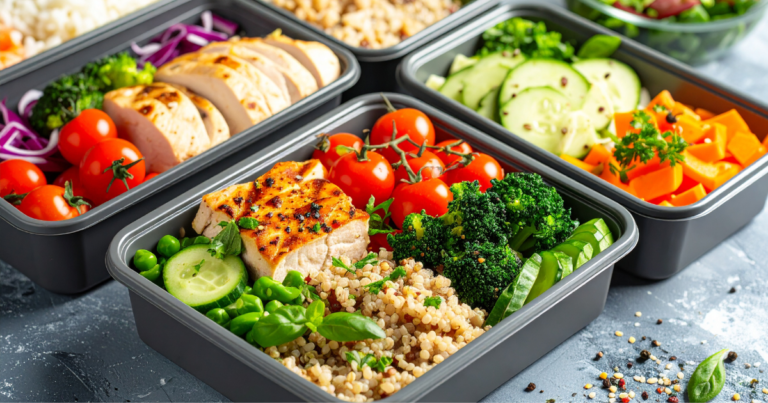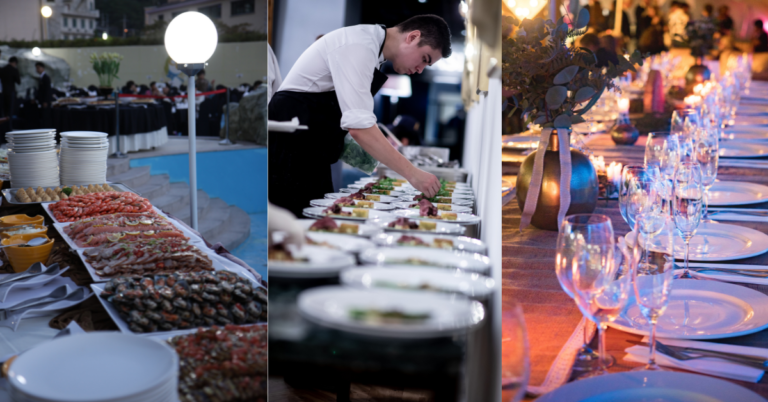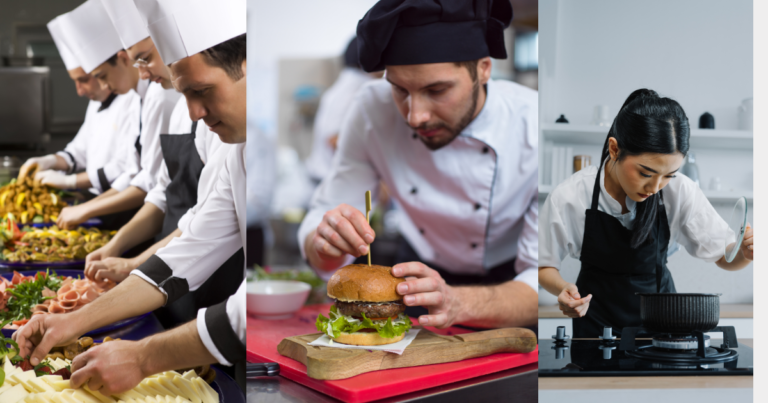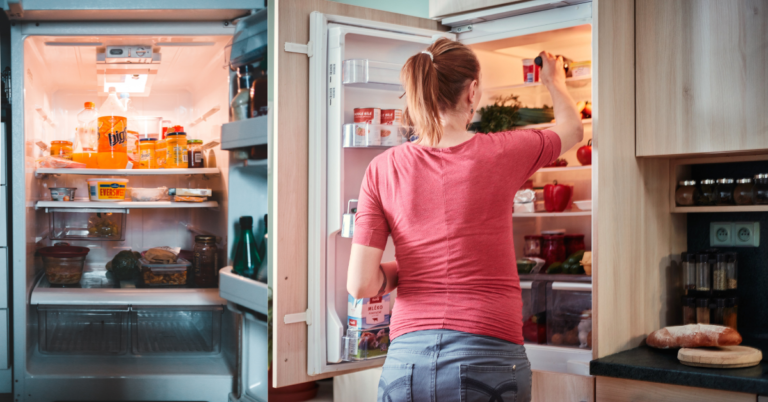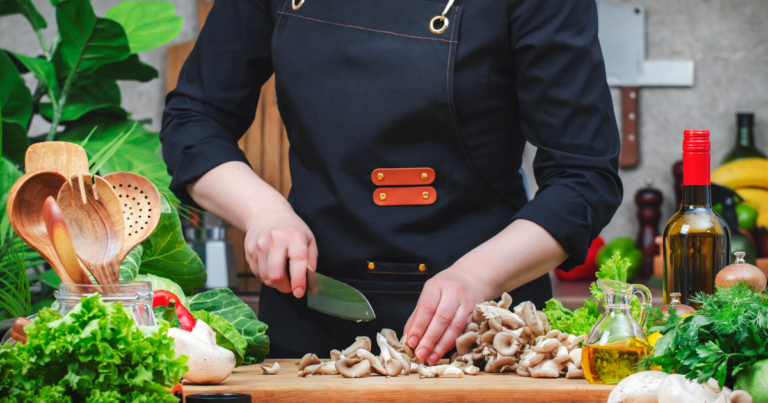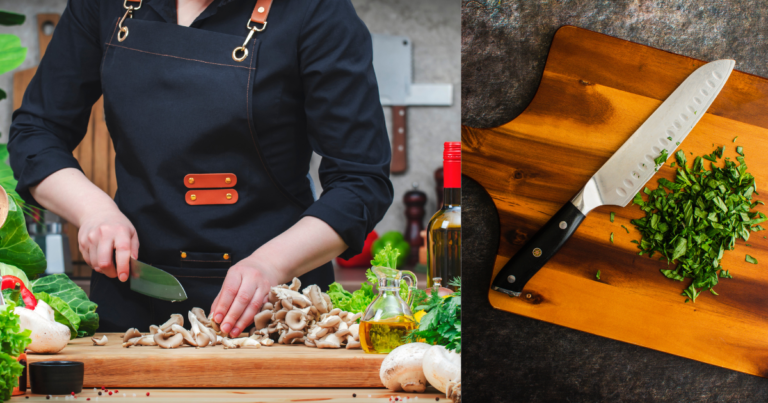What Type of Kitchen Do You Need to Host a Private Chef At Home?
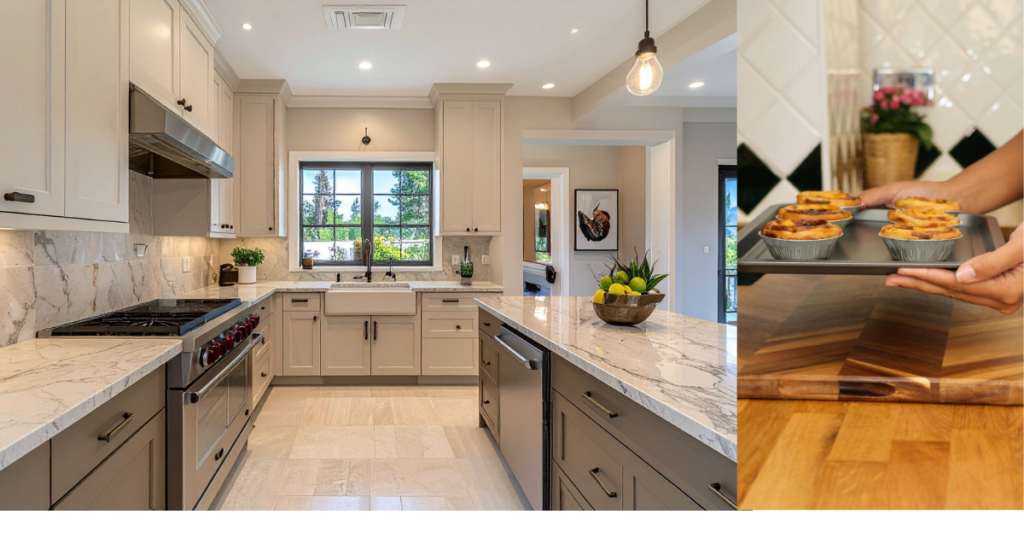
A lot of people want the experience of a private chef at home, but they freeze at the sight of their own kitchen.
Maybe the counters feel too small, or the stove feels too basic. Maybe you wonder if a chef will judge the space. The truth is simple. Most chefs cook in regular home kitchens every single day. They don’t expect perfection. They expect functionality.
This guide shows what a private chef’s kitchen really needs, what chefs bring with them, and how to prepare without upgrades or stress.
You Don’t Need a Commercial Kitchen Setup (The Biggest Misconception)
Most people hesitate to hire a private chef because they imagine their kitchen isn’t “professional” enough. They picture stainless-steel counters, giant burners, commercial refrigerators, or restaurant-grade ventilation.
Good news: none of that is required. Home kitchens are not only acceptable…they’re where LiveGreensPDX chefs cook almost every single week.
But here’s the part most people don’t know:
Your kitchen doesn’t need to be fancy, but it does need to meet a few real minimums so your chef can work safely and efficiently.
The Real Minimums Chefs Need (And Why They Matter)
To host a smooth in-home cook day, your kitchen should have:
- A working 4-burner stove (gas preferred, electric totally fine)
- A functional oven that reaches 500°F+
- At least 6–8 feet of clear counter space for prep
- A sink with hot water
- Basic pots and pans (your chef brings a full kit if needed)
You don’t need restaurant equipment.
You don’t need a huge kitchen.
You just need a space that allows your chef to prep, cook, and move safely.
Home Kitchen vs. Commercial Kitchen: What Actually Matters
Commercial kitchens are built for speed and volume.
Home kitchens are built for comfort and flow—and chefs know how to use them.
What matters most to your chef isn’t industrial gear. It’s:
- Clear counter space they can set up quickly
- A stove and oven that heat reliably
- A sink they can access throughout the cook day
- A layout they can move through without obstacles
Chefs cook in homes far more often than they cook in restaurants. They’re used to older appliances, imperfect layouts, and quirky setups.
Why Chefs Often Prefer Home Kitchens
Home kitchens create a relaxed environment that matches the style of intimate, in-home meals. Chefs love:
- The personal feel of cooking in someone’s space
- The ability to create custom dishes right in front of clients
- A slower, more thoughtful cooking rhythm compared to restaurants
A commercial kitchen setup is never required. Chefs are looking for enough room to work and the tools to heat food properly. And with the minimums above, your kitchen will be more than ready.
The kitchen you have is almost always more than enough for a great private chef experience.
The Essential Kitchen Features Private Chef at Home Care About
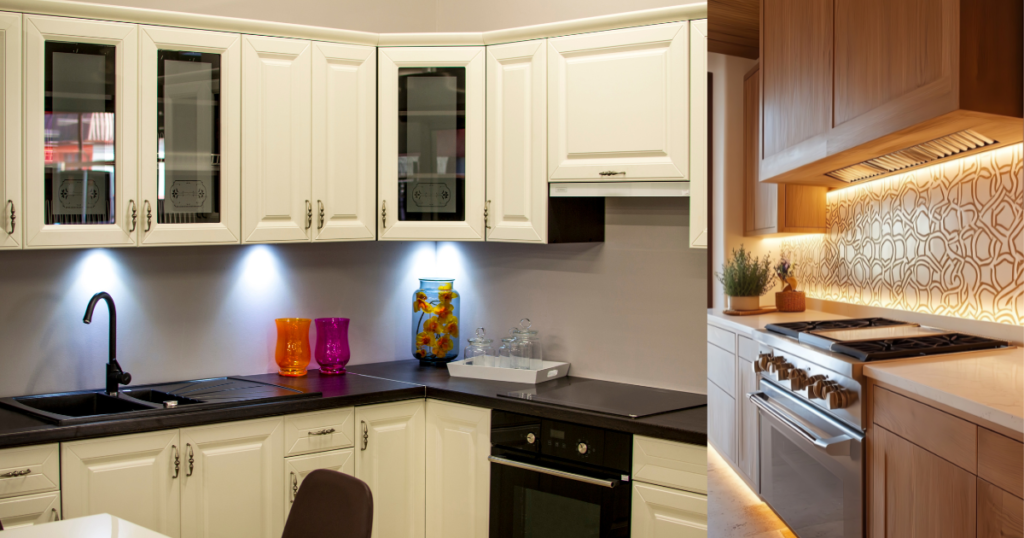
Most people assume a private chef needs a luxury, fully equipped kitchen to pull off a great dining experience. In reality, what chefs truly rely on are a few essential features that let them work smoothly, safely, and efficiently. Think of these as the non-negotiables that shape how well your in-home service flows…not the fancy extras.
A Reliable 4-Burner Heat Source (Gas Preferred)
The type of stove doesn’t need to be premium, but it must be functional. Chefs can cook on gas, electric, or induction—not a problem—but they do need a dependable four-burner setup to manage multiple pans, sauces, and finishing steps at the same time.
Here’s what actually matters:
- Gas is ideal for responsiveness and speed.
- Electric works fine as long as all four burners heat reliably.
- Induction is precise and clean, but not required.
Professional pacing depends on moving between burners smoothly. Fewer than four burners limit timing, slow service, and can bottleneck an otherwise easy in-home dinner.
b. An Oven That Can Reach and Hold 500°F+
Forget the idea that a chef only needs 350°F to roast a chicken. Modern private-chef menus rely heavily on high-heat finishing—for crisping, searing, caramelizing, baking, and rapid roasting.
The real requirement is:
- An oven that reaches 500°F+
- And maintains steady heat without significant fluctuations
This ensures chefs can execute restaurant-level textures and timing. Convection, innovative features, and extra modes are welcome bonuses, but not necessary.
A quick homeowner test: turn the oven to 450–500°F and confirm it reaches the target temperature without struggle.
c. 6–8 Feet of Clear, Usable Counter Space
This is one of the biggest surprises for clients: chefs don’t need marble islands, but they do need room to work. The industry-standard minimum is 6–8 feet of uninterrupted counter space for prep, plating, and ingredient organization.
If your kitchen is smaller, don’t worry…chefs often bring:
- Collapsible prep tables
- Large cutting boards
- Sheet pans for organizing ingredients
But the ideal setup is a long, clear stretch of counter space so the chef can prep, plate, and move efficiently without constant rearranging.
d. A Functional Sink With Strong Water Pressure & Hot Water
A sink is more than a cleaning station—it’s how chefs maintain order and hygiene throughout service. The sink needs to be functional and accessible, with:
- Hot water (non-negotiable)
- Steady pressure
- A drain that runs freely
- Enough nearby space to stack rinsed tools or drying towels
Chefs maintain a tight cleaning rhythm during service, and a properly equipped sink helps keep the kitchen clean and seamless..
What Chefs Usually Bring to Your Home (So You Don’t Stress About Gear)
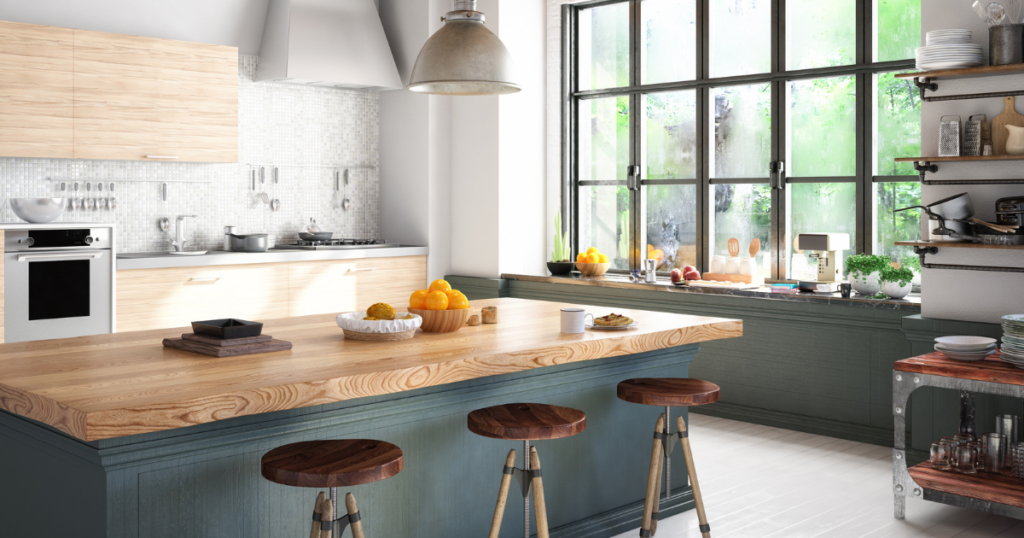
One of the biggest surprises for first-time clients is how self-sufficient private chefs actually are. They don’t expect your kitchen to function like a restaurant. They arrive prepared—with tools, ingredients, and backup gear…to make the entire experience smooth, no matter what layout or equipment you have at home.
They Bring a Full Professional Tool Kit
Private chefs typically travel with a complete personal kit. These tools are sharper, cleaner, and more reliable than anything in a standard home kitchen, which helps them work faster, safer, and more consistently.
A chef’s core kit usually includes:
- Professional knives + sharpeners
- Tongs, spatulas, whisks, spoons
- Thermometers and small specialty tools
- Spices, oils, vinegars, finishing salts
- Sheet pans, cutting boards, microplanes, strainers (if needed for the menu)
This alone eliminates 90% of the “Do I have the right equipment?” worry you might have when hosting a private chef at home.
They Transport All Food and Ingredients in Coolers
This is a key part of the client’s process.
Chefs do not require any fridge or freezer space in your home.
All ingredients are transported in professional-grade coolers that keep everything at safe temperature until cooking begins.
The only time fridge space might be needed:
- If you want to save leftovers after the meal
- If a specific dessert requires chilling on-site (rare)
Otherwise, chefs stay completely self-contained.
They Bring Backup Gear for Any Kitchen Limitations
If your kitchen is tight, older, or missing certain tools…no problem. Chefs bring portable equipment to fill any gaps, keeping service fast and smooth.
Everyday backup items include:
- Portable induction burners (for extra stovetop space)
- Small/mini blenders or immersion blenders
- Extra mixing bowls, sheet pans, or baking dishes
- Specialty cookware is required for the specific menu
For larger dinner parties, chefs often bring an expanded kit with additional pots, serving platters, and finishing tools to handle higher guest counts efficiently.
They Prep a Significant Part of the Menu Off-Site
To reduce the strain on your kitchen and speed up service, chefs complete many labor-heavy steps before arriving. This usually includes:
- Chopping aromatics
- Marinating proteins
- Pre-making sauces, stocks, or dressings
- Preparing desserts that need a long cooling/baking time
By the time they enter your kitchen, the most complex parts are done. Your home becomes the final stage for cooking, finishing, and plating.
Small Kitchens vs. Large Kitchens (How Chefs Adjust Their Workflow)
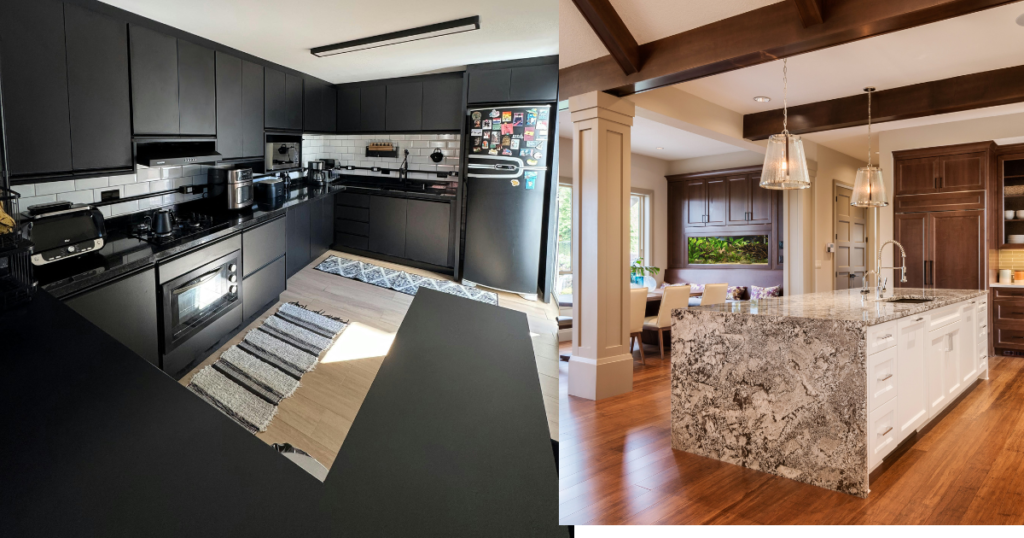
Private chefs work in kitchens of all shapes and sizes—from tight urban apartments to expansive, entertainment-focused homes. What matters isn’t the size of the kitchen, but whether it meets the functional minimums for safe, efficient service.
Within those boundaries, chefs adapt easily.
When the Kitchen Is Small or Apartment-Sized
Medium home kitchens are typically the easiest environment for a private chef. There’s enough space for prep, cooking, and plating without feeling cramped.
With a standard layout, chefs can:
- Use all four burners comfortably
- Spread out ingredients and tools
- Plate multiple courses more fluidly
- Move seamlessly between prep, cooking, and cleaning
You don’t need designer finishes—just a functional setup with clear counters, a reliable stove, and hot running water.
When the Kitchen Is Spacious or Designed for Entertaining
Large kitchens give chefs more room to elevate the overall experience. These kitchens aren’t required—but they do allow more polished execution.
In bigger kitchens, chefs may:
- Plate multi-course menus with more artistry
- Bring an assistant to speed up service
- Use advanced techniques requiring extra space
- Organize ingredients into separate prep zones
Large kitchens create convenience, but not necessity. A chef doesn’t need this environment—it’s simply where they can take full advantage of the space.
When the Kitchen Is Spacious or Designed for Entertaining
Larger kitchens give chefs more freedom to elevate the experience. With extra counters, larger sinks, and multiple burners or ovens, they can:
- Plate multi-course menus beautifully.
- Prep and cook side-by-side with assistants
- Use more advanced techniques or tools.
While big kitchens offer convenience, they’re not a requirement. They simply allow a chef to work faster and present dishes more elegantly.
The Local Reality → Most Urban Kitchens Are Small
In many cities, private chef at home work in compact kitchens with narrow counters, older appliances, and tighter layouts. They’re fully accustomed to it. As long as the kitchen meets the basic functional minimums, the chef can deliver an exceptional dining experience.
Size matters far less than usability.
A well-organized, functional kitchen always beats a large but cluttered one.
Quick Kitchen Prep Checklist Before Your Chef Arrives
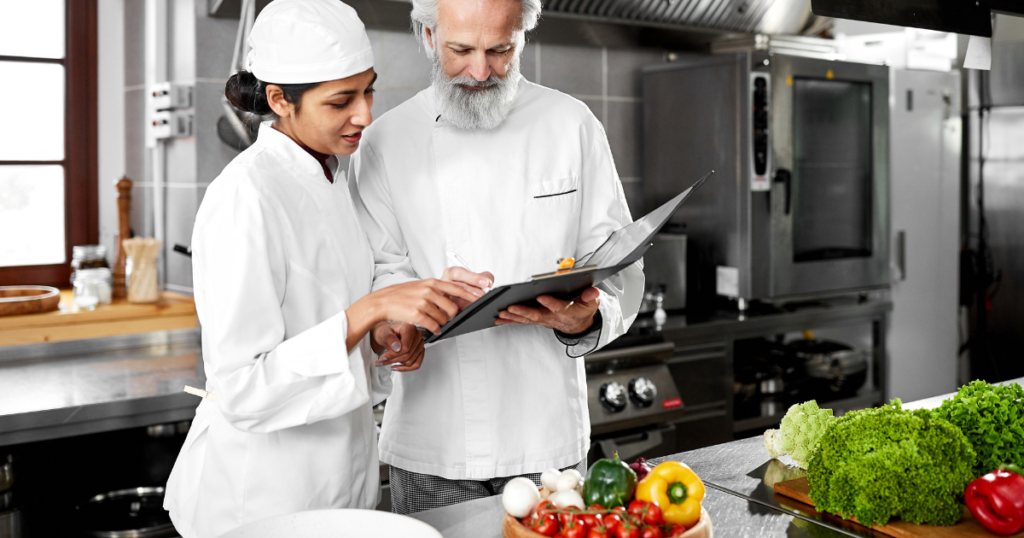
Hiring a private chef at home should feel effortless—not like prepping for a health inspection. You don’t need to deep-clean the house or reorganize your entire kitchen. A few simple steps (10–15 minutes max) create a smooth workspace and help the chef get right to cooking.
Clear 6–8 Feet of Counter Space
Chefs don’t need fancy counters, but they do need room to set up.
Make sure you can clear 6–8 feet of uninterrupted counter space so they can unpack tools, ingredients, and plating items.
Confirm the Stove, Oven & Sink Are Working
You don’t need perfect appliances—but you do need functional ones:
- A 4-burner stove (gas preferred, electric fine)
- An oven that reaches 500°F+
- A sink with hot water and good water flow
No need to clean the oven or scrub the stove—just make sure everything turns on and heats properly.
No Need to Clear Fridge Space
Private chefs bring ingredients in coolers, so you don’t need to open a fridge shelf unless you want to save leftovers afterward. They arrive fully self-contained.
Share Any Kitchen Quirks
If the oven runs hot, if a burner is slow, if the layout is tight—tell your chef. These tiny details help them adapt immediately.
Keep Pets Out of the Cooking Zone
It’s purely for safety and flow. Pets can hang out in another room while cooking is underway.
Provide Parking or Entry Instructions
If you have a gate code, tricky parking, or an elevator, a quick heads-up helps the chef bring in equipment easily.
Bonus: Hosting 8+ Guests? Confirm Serving Ware
For larger groups, especially 8+ guests, chefs need a complete set of:
- Plates
- Flatware
- Glassware
- Serving platters and bowls
Most Airbnbs don’t have enough, so clients often rent serving ware from a local event-rental company. Your chef will recommend the best one for your location.
That’s all you need. No deep cleaning, no stress, and no special equipment—just a functional kitchen and a few minutes of prep.
When a Home Kitchen Isn’t Enough to Host a Private Chef at Home
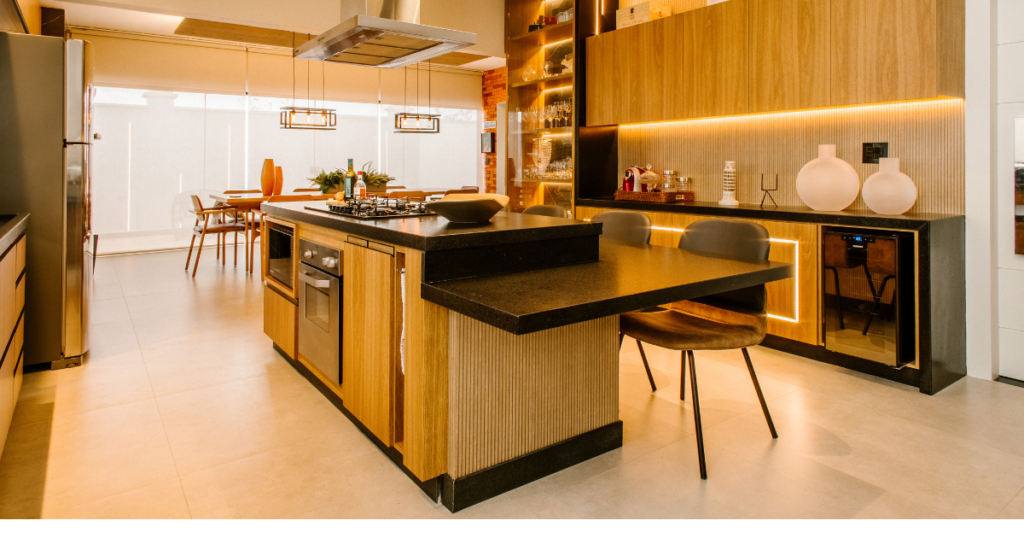
Most homes work perfectly for a private chef. As long as you have a working 4-burner stove, an oven that reaches 500°F+, 6–8 ft of counter space, and a sink with hot water, you’re good to go.
But in a few rare situations, your kitchen may need a little support. Here’s what those scenarios look like—and the simple solutions chefs use.
1. When Your Stove or Oven Isn’t Functional
If the stove doesn’t heat properly or the oven can’t reach high temperatures, a chef can still make the experience work—but only with some adjustments.
Chefs may:
- Prep most of the menu off-site
- Bring portable induction burners for cooking
- Adapt the menu to techniques that don’t require heavy oven use
A non-working stove or an oven that won’t reach 500°F+ is the #1 reason a kitchen becomes “not enough.” It’s fixable, but it requires advance planning.
2. When Counter Space Is Under 6 Feet
If your kitchen only has a couple of small, crowded counters, workflow becomes difficult—but not impossible.
Chefs typically solve this by bringing:
- Collapsible stainless-steel prep tables
- Oversized cutting boards that create instant workspace
- Portable trays for ingredient organization
As long as there’s a small spot to set up a temporary station, they can make it work.
3. When You’re Hosting a Larger Group (Especially 8+ Guests)
This is the scenario where your home kitchen may actually fall short—not because of cooking, but because of serving ware capacity.
For groups 8 guests or more, home and Airbnb kitchens almost never have:
- Enough matching plates
- Glassware
- Flatware
- Serving platters and bowls
So, for upscale dinners, chefs often require clients to rent serving ware from a local event rental company (they’ll recommend the best one based on your location).
This ensures the meal feels like a $150+/head dining experience—not a paper-plate compromise.
Chefs may also use an off-site commercial prep kitchen for large menus so your home only handles finishing and plating.
4. When Water Access or Sink Function Is Limited
A functional sink with hot water is essential.
If the sink is broken, drains slowly, or has no hot water, service becomes slow and messy.
Chefs can still work, but they might:
- Bring extra water containers
- Modify the menu
- Do more cleaning off-site
It’s workable—but not ideal.
Final Take: Your Kitchen Is Already Chef-Ready
Most people are surprised to learn their everyday kitchen already meets the real standards for a private chef at home. A working 4-burner stove, a reliable oven that reaches 500°F+, 6–8 feet of open counter space, and a sink with hot water are all a chef truly needs. Everything else—from tools to ingredients—comes with them. That’s what makes hosting feel simple, calm, and personal. If you want restaurant-quality dining without leaving home, our private chefs make it seamless. Explore our services to see how easily your kitchen can become the center of an unforgettable meal.

